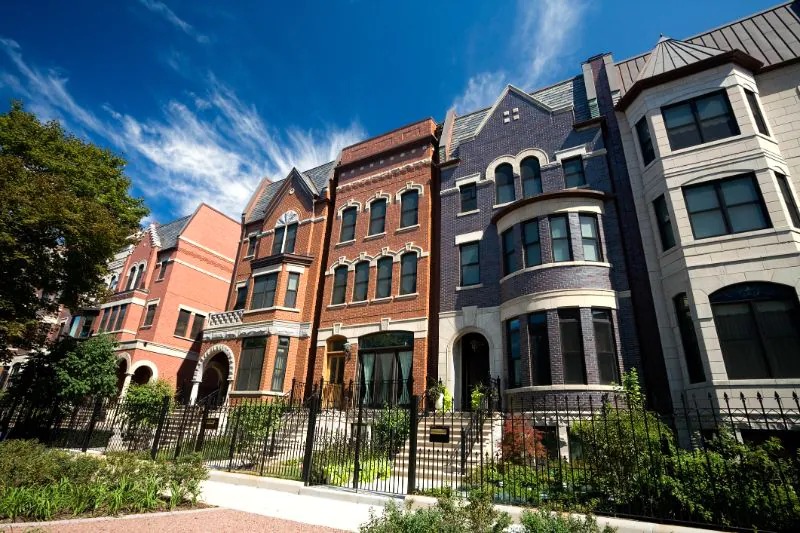Should you rent or buy a home in the metro Chicago area? While the answer to that age-old question has never been simple, it has become even more complex in the wake of the pandemic.
Pay attention to recent developments
While home prices have been increasing, the pandemic has also brought unprecedented developments that can tip the balance in favor of home buying.
- Historically low mortgage rates
- Stable home prices
- Increasing inventory
Fannie Mae forecasts the average interest rate for a 30-year fixed-rate mortgage to be up slightly at 3.2% in the first quarter of 2022. It’s not as low as the all-time low of 2.68% registered in 2020 but is still generally favorable.
As in most of the country, the low mortgage rates have sparked a home buying frenzy in the Chicago metro area, raising real estate prices significantly. From January 2019 to January 2020, there was an uptick of 23.4% in prices of single-family homes and 12.1% in prices of condos, townhomes, and other attached units.
However, this increase is at par with the national average. In addition, from July 2021 to October 2021, the average home price in the city remained steady at the $335,000 range, and while prices continue to rise, appreciation has slowed down considerably since August. This means that compared to other major coastal cities like San Francisco and New York, Chicago remains more affordable.
And there’s more good news. While traditionally hot neighborhoods like Wicker Park remain seller’s markets, you can find great opportunities in other coveted communities as well as in the suburbs.
In the past year, the historically low supply of homes in the region has also contributed to rising prices. But in the last few months, there has been a notable improvement in this area, particularly with new construction on the uptick.
Are you ready to transition from renter to homeowner?
A savvy investor will recognize the signs of a great opportunity in Chicagoland today. But do these signs speak to you? Is it time for YOU to jump off the fence and transition from renter to homeowner?
Ask yourself these questions and let your answers guide you in making that big decision:
- How long do you intend to live in the home?
- Are you financially ready?
- How badly do you want that dream home?
As a rule of thumb, buying a home makes financial sense only if you plan to stay put for five years or more. By then, you would have earned enough equity to make a profit if you decide to sell.
Have you saved enough for a down payment? Are you still paying off a student loan? How much in mortgage payments can you comfortably afford each month? Questions like these should be weighed carefully when you make the decision to buy. Don’t forget to factor in other important homeownership expenses, such as maintenance, insurance, and property taxes.
As a renter, you can only do so much to make the space your own. But if you own your home, you have the freedom to turn it into a personal haven that truly speaks to you. You may also be thinking about growing your family. If you truly want it, it may be worth making a few lifestyle changes to get your finances to where you need it to be for a home purchase.
Need professional advice on what to do next? We’ll be happy to help.
